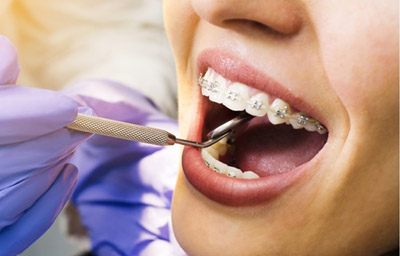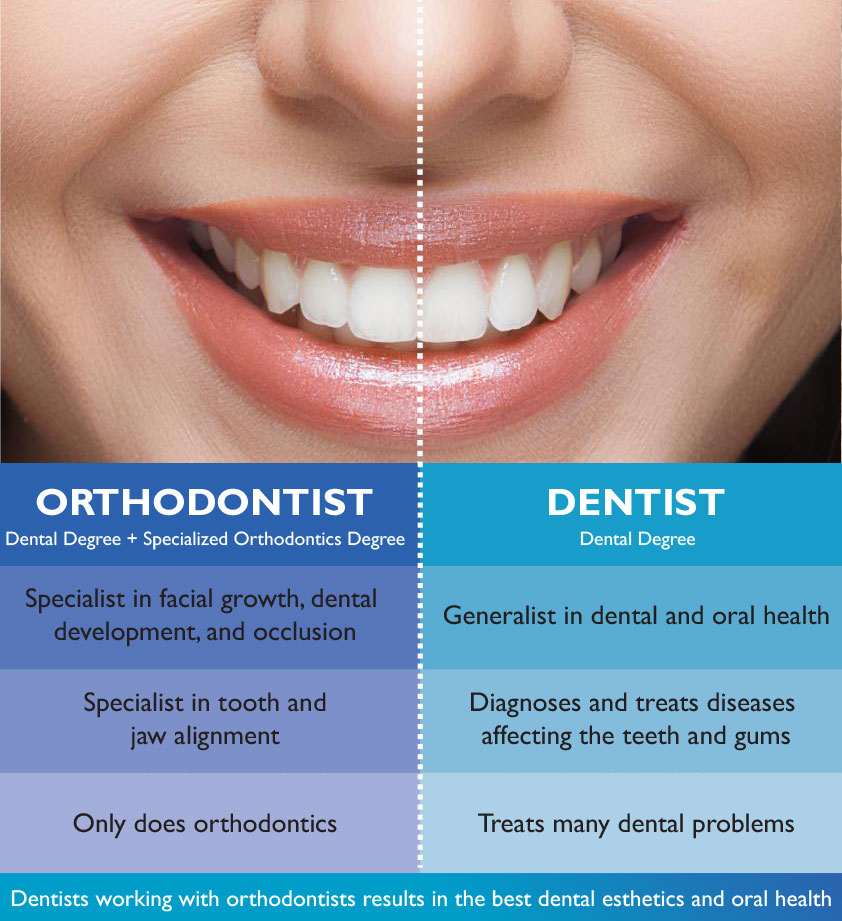Causey Orthodontics - Questions
Wiki Article
All about Causey Orthodontics
Table of ContentsThings about Causey OrthodonticsNot known Incorrect Statements About Causey Orthodontics The Only Guide to Causey OrthodonticsWhat Does Causey Orthodontics Mean?Causey Orthodontics Fundamentals Explained
Neglecting occlusal relationships, it was normal to eliminate teeth for a selection of oral issues, such as malalignment or congestion. The idea of an intact teeth was not extensively appreciated in those days, making bite relationships seem irrelevant. In the late 1800s, the principle of occlusion was necessary for producing trustworthy prosthetic replacement teeth.As these ideas of prosthetic occlusion progressed, it came to be an invaluable device for dentistry. It remained in 1890 that the work and influence of Dr. Edwards H. Angle began to be really felt, with his payment to contemporary orthodontics particularly notable. Concentrated on prosthodontics, he educated in Pennsylvania and Minnesota prior to routing his focus towards oral occlusion and the therapies needed to preserve it as a normal problem, thus ending up being recognized as the "papa of modern orthodontics".

The idea of optimal occlusion, as postulated by Angle and incorporated right into a category system, made it possible for a change in the direction of treating malocclusion, which is any discrepancy from typical occlusion. Having a complete set of teeth on both arches was very looked for after in orthodontic treatment because of the need for specific connections between them.
Not known Details About Causey Orthodontics
As occlusion came to be the essential top priority, facial percentages and looks were overlooked - family orthodontics. To accomplish perfect occlusals without utilizing exterior pressures, Angle proposed that having ideal occlusion was the most effective way to gain maximum facial looks. With the passing of time, it ended up being rather apparent that even a remarkable occlusion was not appropriate when taken into consideration from an aesthetic perspectiveCharles Tweed in America and Raymond Begg in Australia (who both examined under Angle) re-introduced dental care removal into orthodontics during the 1940s and 1950s so they could enhance face esthetics while additionally making sure far better security worrying occlusal partnerships. In the postwar duration, cephalometric radiography begun to be made use of by orthodontists for gauging adjustments in tooth and jaw placement brought on by development and therapy. It came to be obvious that orthodontic treatment might change mandibular advancement, causing the formation of functional jaw orthopedics in Europe and extraoral force steps in the US. These days, both useful home appliances and extraoral tools are used around the world with the goal of changing development patterns and types. Pursuing real, or at the very least improved, jaw partnerships had actually become the primary goal of therapy by the mid-20th century.
How Causey Orthodontics can Save You Time, Stress, and Money.
 Up until the mid-1970s, dental braces were made by wrapping metal around each tooth. https://www.codementor.io/@causeyorthodga., it became possible to rather bond metal braces to the teeth.
Up until the mid-1970s, dental braces were made by wrapping metal around each tooth. https://www.codementor.io/@causeyorthodga., it became possible to rather bond metal braces to the teeth.This has had purposeful effects on orthodontic therapies that are carried out routinely, and these are: 1. Correct interarchal partnerships 2. Appropriate crown angulation (tip) 3.
The advantage of the layout hinges on its bracket and archwire combination, which requires only minimal cable bending from the orthodontist or clinician (Causey Orthodontics). It's aptly named hereafter attribute: the angle of the slot and density of the bracket base ultimately establish where each tooth is situated with little requirement for additional control
Causey Orthodontics Fundamentals Explained
Both of these systems utilized the same brackets for each tooth and demanded the bending of an archwire in 3 airplanes for situating teeth in their desired placements, with these bends determining ultimate positionings. When it pertains to orthodontic home appliances, they are separated into two kinds: removable and taken care of. Removable home appliances can be handled and off by the person as needed.
Therefore, mostly all contemporary set devices can be thought about variants on this edgewise home appliance system. Early 20th-century orthodontist Edward Angle made a major payment to the globe of dental care. He developed 4 unique appliance systems that have actually been utilized as the basis for many orthodontic therapies today, preventing a few exemptions.
The Best Strategy To Use For Causey Orthodontics

The wire finished in a thread, and to move it forward, a flexible nut was utilized, which enabled an increase in area. By ligation, each private tooth was connected to this extensive archwire (best orthodontist). Due to its minimal series of motion, Angle was not able to achieve specific tooth placing with an E-arch
These tubes held a firm pin, which could be rearranged at each appointment in order to relocate them in position. Referred to as the "bone-growing home appliance", this contraption was theorized to encourage healthier bone development because of its potential for transferring pressure directly to the origins. Nonetheless, executing it confirmed frustrating actually.
Report this wiki page